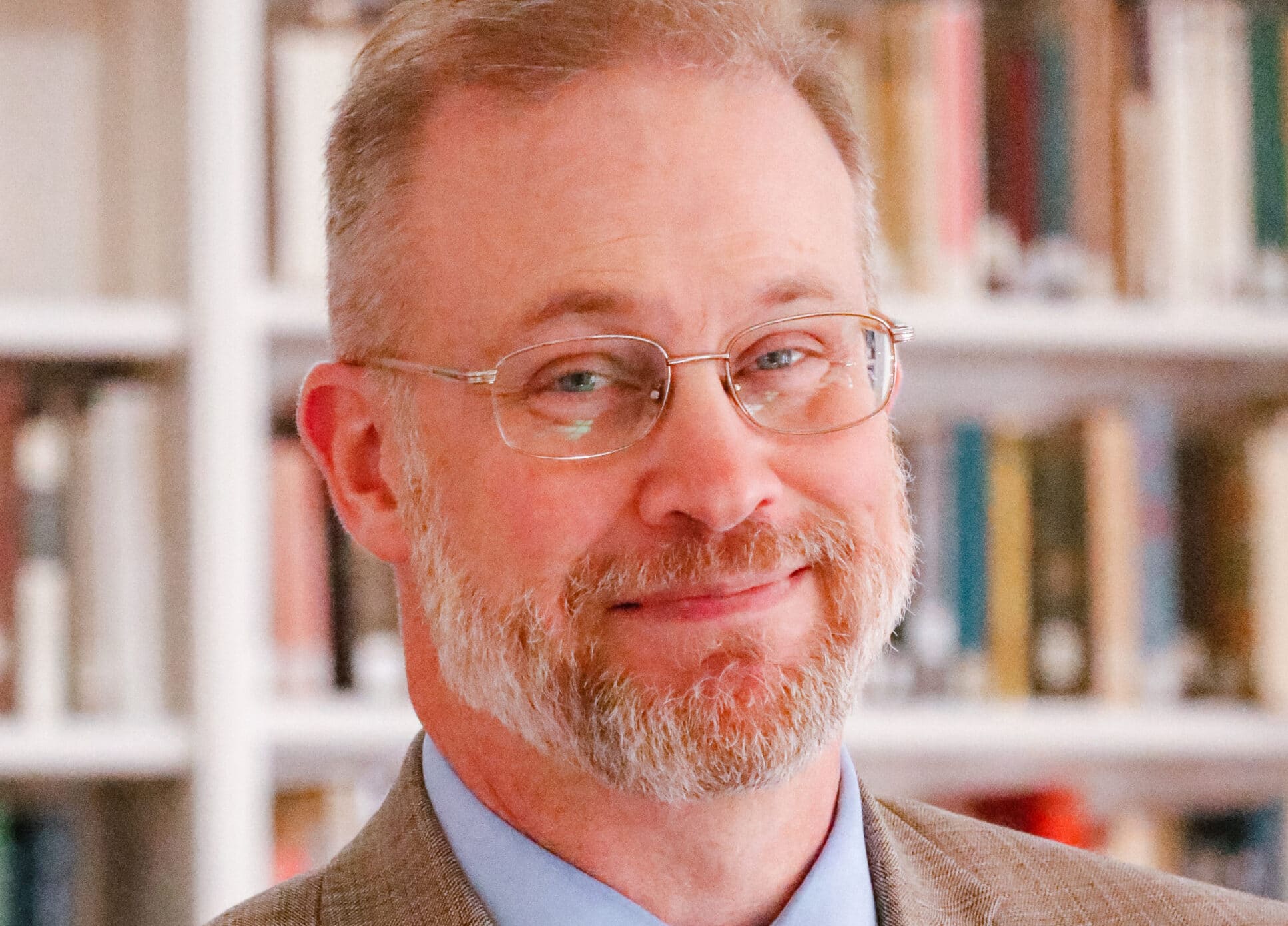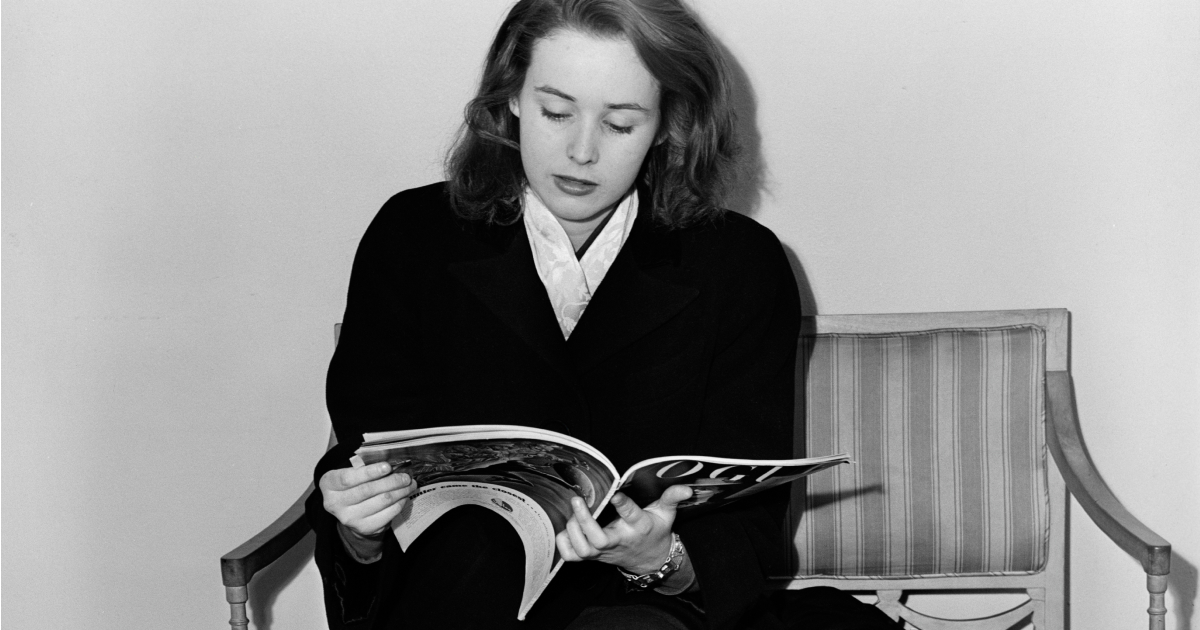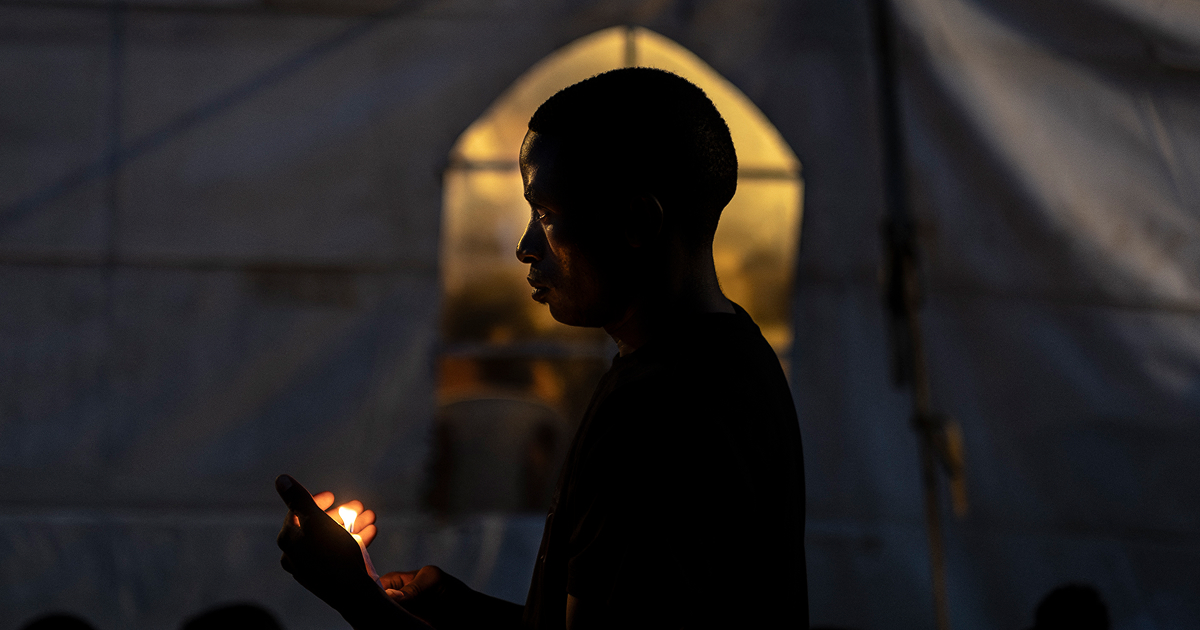William Fahey, President of Thomas More College of Liberal Arts, explains what sets his college apart.
Catholic Herald: Could you give us a sketch of the school and its history, where it is now, and how you came to be involved?
William Fahey: So, Thomas More College was founded after the disintegration of Catholic higher education, after the Land o’ Lakes decision and certain structural changes occurred at the older established Catholic universities. There were several new projects, like Thomas More College, my friends at Christendom College, and Thomas Aquinas College – those would have been the three in the 1970s that were launched. So, we come out of a group of Catholic scholars who look at the turmoil in the Church, and especially the turmoil in the United States, and decide someone needs to take a stand defending and continuing traditional Catholic higher education. So, it was founded in 1978, formally by Peter V Sampo, who had been at St Anselm’s, and the Franciscan University in Biddeford, Maine. But the vision was a kind of traditional retrenchment. So that’s the basic founding milieu.
CH: What do you think sets you apart? How many students are there?
WF: Thomas More College offers a stable, small community that’s attentive to the needs of that student in a way that no large institution can be, no matter what its flag is that it’s flying. And an interesting vindication of this has come out from the most unlikely ally, and that is Facebook. Facebook is one of my favourite friends. I don’t have a Facebook account but the research behind Facebook talks about this British anthropologist Robin Dunbar. Dunbar, an anthropologist, observed that human flourishing begins to fail around 300. And that human communities will immediately start disintegrating and regrouping around smaller units. And Facebook and most social media platforms include this insight in the way they’re trying to form friend groups. And the way networking functions, like LinkedIn, is into trying to break down to keep the community vibrant at the lower level. Once you crest a certain number, they’re naturally going to seek something smaller. Well, you don’t have to worry about being a casualty of a large institution at Thomas More College. We have no desire whatsoever to become a large institution, that’s not stable in our view. And it’s not good for human flourishing, intellectually, morally, spiritually, physically – period.
CH: Tell us about the Catholic experience on campus?
WF: They would find a faculty that is 100 per cent Catholic. You could theoretically be a non-Catholic here, but you would have to be a non-Catholic who basically believes in the full magisterium of the Catholic Church. So, all the faculty are committed, and very excited about being Catholic scholars who see a happy balance between faith and reason. So, there’s no concern, about being taught by people who don’t share my faith. The student body? We don’t preclude anybody. We’ve had atheists. We’ve had Jewish students; we typically have a fair number of Orthodox students and some Anglican and Protestant students. What’s available to the students is Mass every day of different types during the week. So we have the Traditional Latin Mass offered by priests from the fraternity of St Peter, we have Benedictine monks who come and offer Mass here, and they have their own spirituality. We have a Carmelite chaplain, who’s here once a week, and we have an Anglican ordinariate chaplain, in addition to a diocesan chaplain. So the way I like to express it to the students, the liturgical treasures of the Catholic Church are presented. We don’t say this is the only way or this is what this council says, or only this true Mass. We try to show liturgically the Catholic Church is rather rich. That would be another key thing here in that it’s a very vibrant liturgical life.
CH: Where do you see your graduates heading after being here?
WF: Many people come here to prepare for teaching. But the rest are all over the map. We have a lot of people that have gone into investment banking, financial advisory services, high-tech companies. There are a lot of marriages, frankly, that come out of the college. And so that means for a good portion of our student body, what their education has prepared them for, in my view, is the most essential vocation in civilisation: running a household being a good parent, especially a good mother and sustaining a Catholic household. A lot of people go into law. It is a broad spectrum.


















